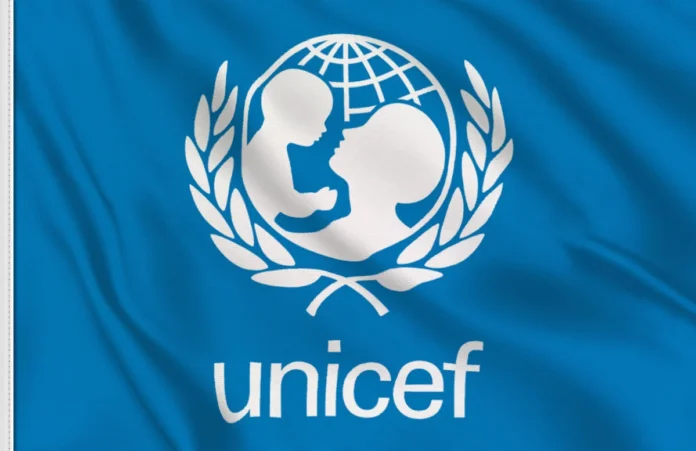The United Nations Children’s Fund (UNICEF) has cautioned that air pollution is having an increasing impact on human health and is now the second greatest worldwide risk factor for early mortality.
The State of Global Air (SoGA) study, issued in collaboration with UNICEF, detailed the global lethal and escalating effect of air pollution.
According to the fifth edition of the research, produced by the Health Effects Institute (HEI), air pollution will kill 8.1 million people globally in 2021, and many millions will suffer from crippling chronic diseases, putting a strain on healthcare systems, economies, and society.
Furthermore, it discovered that children under the age of five are especially sensitive to air pollution, which will kill over 700,000 of them by 2021.
The SoGA report found that pollutants like outdoor fine particulate matter (PM2.5) – which comes from burning fossil fuels and biomass in sectors like transportation, residential homes, wildfires, and more – caused more than 90% of global air pollution deaths.
It was also found to be the “most consistent and accurate predictor of poor health outcomes around the world.”
Other pollutants, such as home air pollution, ozone (O3), and nitrogen dioxide (NO2), which may be found in vehicle exhaust, contribute to the global worsening of human health.
Dr. Elena Craft, President of HEI, expressed her hope that the facts in the study will encourage change.
“Air pollution has serious consequences for health. “We know that improving air quality and global public health is feasible and achievable,” she stated.
Pollutants like PM2.5 not only have an impact on people’s health, but they also contribute to greenhouse gas emissions that are warming the world.
As the planet warms, locations with high amounts of NO2 will suffer higher levels of ozone, potentially worsening health impacts.
Dr. Pallavi Pant, the Head of Global Health at HE “This new report offers a stark reminder of the significant impacts air pollution has on human health, with far too much of the burden borne by young children, older populations, and low- and middle-income countries.”
She said, “This points sharply at an opportunity for cities and countries to consider air quality and air pollution as high-risk factors when developing health policies and other noncommunicable disease prevention and control programmes.”
The analysis finds that children are “uniquely vulnerable” to air pollution, and the impacts can start in the womb.
According to the report, young children’s exposure to air pollution is responsible for one in every five fatalities worldwide, as well as pneumonia and asthma, and it impacts children with inequality more than those in high-income nations.
Kitty van der Heijden, UNICEF Deputy Executive Director, stated that over 2,000 children under the age of five die each day as a result of air pollution.
‘The global urgency is apparent,’ she explained. “It is imperative governments and businesses consider these estimates and locally available data and use it to inform meaningful, child-focused action to reduce air pollution and protect children’s health.”
In addition to sharing details on the negative effects of air pollution on human health, the SoGA report also claims that there has been better awareness about the harms of being exposed to household air pollution and a 53 per cent decrease in the death rate of children under five since 2000 due to increased access to clean energy for cooking.
Also, regions experiencing the highest levels of air pollution have begun to address the issue by installing air pollution monitoring networks, implementing stricter air quality policies and more – particularly in Africa, Latin America and Asia




